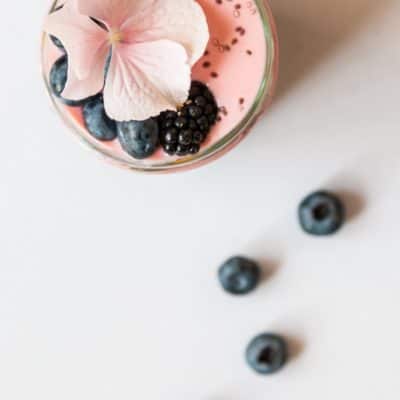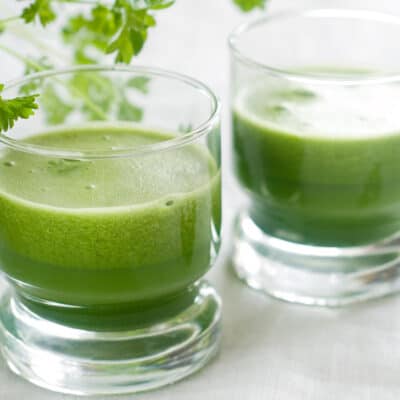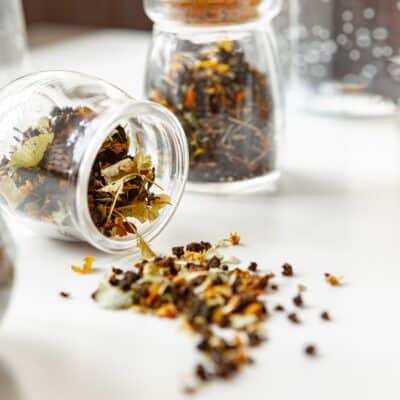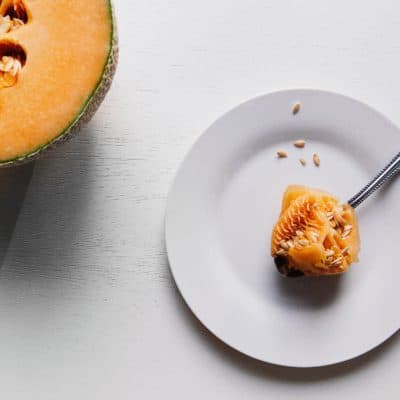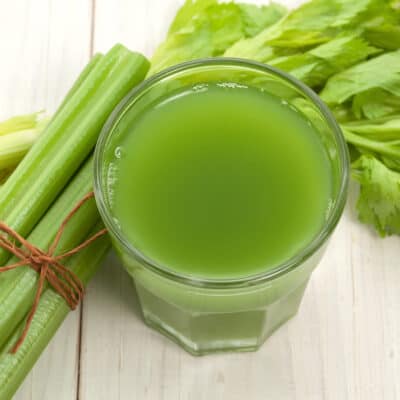Did you know most illnesses begin when we are mineral deficient?
Minerals are the unsung champions of the body – every system needs minerals to perform daily vital functions. Essential for maintaining the proper balance of water in the body, minerals are simply a must. Many parts of our body such as the adrenals and neurotransmitters have to have minerals and trace minerals to function properly. Our bodies cannot heal or repair without minerals. When our bodies do not have sufficient amounts of minerals, every system suffers – and symptoms begin to arise.
In order for the body to absorb minerals, we must have a clean liver. A sluggish or fatty liver cannot store vitamins and minerals. If the liver is not functioning properly, this will pose many health problems and the body can become quickly deficient in many minerals. We want to build up our reserves of minerals to draw from when they are needed the most, such as fighting off a virus, healing from a car accident, acute onset of emotion stress, or the many other situations in which our bodies adapt to our needs.
In the nutrition world, there is much concern and discussion about protein – where and how to get it, from what source, how much, at what time… Our real concern needs to be about minerals – where and how to get them and how much because get this: Minerals build amino acids and amino acids build protein. It is imperative to have minerals in the body to make the protein needed.
Below are some macrominerals our bodies desperately need to thrive, and how to get them into your diet.
See my other post on the miracle of microminerals
and the wonders they perform for the human body. Scroll below to see mineral-rich recipes!
The Macrominerals Our Bodies Need – and How to Get Them
Calcium
Why we need it:
Calcium strengthens our bones and teeth. It also plays a role in nerve transmissions, muscle function (including the heart), and hormone secretion. Calcium is also important for blood clotting, blood pressure regulation, and immune function. This mineral binds with excess sodium in the body and is excreted when the body senses that sodium levels must be lowered. If we ingest too much sodium through table salt or processed foods, we can end up losing needed calcium as our bodies rid themselves of the surplus of sodium. Calcium also reduces the risk of osteoporosis and supports cardiovascular and colon health. When we are deficient in calcium, symptoms include muscle cramps, numbness and tingling in the hands and feet, depression, insomnia, tooth decay, memory loss, and late signs of puberty.
How to get it:
Almonds, kale, broccoli, cabbage, beet greens, fennel, broccoli, bok choy, figs, oranges, artichokes, brussel sprouts, celery, sweet potato, parsnips, carrots, dried apricots, kiwi, dates, prunes, black currants, tangerines, limes, blackberries, persimmons, raspberries, grapefruit, papaya, and raspberries.
A note on dairy-based calcium:
Dairy depletes our bodies of minerals, leaving our cells starving for nutrients and lacking the building material for enzymatic exchanges and metabolic operations. Research has shown dairy and dairy-based calcium to increase a man’s risk for prostate cancer by 30-50% and has no benefit for strengthening bones and reducing fracture risk. Casein protein, a compound found in dairy products, has been shown to cause inflammation in the body, leading to a variety of health issues. The plant-based sources of calcium are much more bioavailable for our bodies to absorb and put to use, and have the added benefit of countless other ways to assist optimal health.
Potassium
Why we need it:
Potassium controls the electrical activity of the heart and is vital to maintain a normal heart rhythm. Potassium also builds proteins and breaks down and uses carbohydrates. It is essential for maintaining proper fluid balance in the body and the pH balance of the blood, and supporting normal growth and nerve transmission. Potassium is also a factor in muscle contraction, specifically supporting the contraction of cardiac and skeletal muscles. It also supports gastric secretion, renal function, tissue synthesis and carbohydrate metabolism.
How to get it:
Cantaloupe, potatoes, tomatoes, lima beans, bananas.
Sodium
Why we need it:
By no means am I validating greasy french fries – in fact, too much sodium increases the risk for developing high blood pressure. Besides, not all sodium is created equal! Many of the salt products you find on grocery shelves contain artificial salt that can actually leave us even more dehydrated. Choose your salt wisely.
Sodium stimulates nerve and muscle function, so muscle cramps can be avoided by taking foods rich in sodium. We need sodium most during the hot season/summer to restore electrolyte loss and maintain hydration and the correct balance of fluid in the cells. Sodium helps maintain water balance in the body by helping pump water in the cells and regulating excess cellular fluid. Due to this role, sodium plays a crucial role in maintaining healthy heart function, as it upholds the contraction of the heart and maintains blood pressure levels. This mineral also supports the absorption of other nutrients, such as chloride, amino acids, and glucose. Many of us have an accumulation of carbon dioxide in the body, which is not beneficial for healthy living. Sodium helps remove the excess amount of this toxic compound. Sodium also keeps our skin youthful and glowing! You will find it is an important hydrating product in almost all anti-aging creams.
The adrenals and kidneys need the right kind of sodium for metabolic exchanges – without it, we may experience dry mouth. We might need a lot more sodium than we think to assist the body in fighting viruses, balancing the adrenals, and calming the heart, etc. The correct intake of sodium enhances brain activity and keeps the mind sharp. The human brain is extremely sensitive to changing sodium levels. We can experience depression, brain fog, and extreme fatigue when we don’t have enough of the right kind of sodium.
How to get it:
Celery and celery juice, dates, apples, cucumbers, artichokes, celeriac, beets, turnips, chard, sweet potatoes, spinach.
Magnesium
Why we need it:
Magnesium supports more than 300 biochemical reactions, including making protein and the breakdown and use of carbohydrates, amino acids, and fats for energy. Muscle contraction and nerve function are both supported by magnesium, including keeping the heart beating regularly. Look no further than magnesium to help build strong bones, boost immunity, balance the thyroid, rebalance the pancreas, deal with migraines, and fight viruses such as shingles, Epstein-Barr Virus, ADHD, autism, and depression. Magnesium is a MUST when healing the body!
How to get it:
Beans, nuts, leafy greens and green vegetables serve as good sources of magnesium. (Avoid or only use very little sea salt as a magnesium source.) Epsom salt baths are also a great way to gain more magnesium.
Phosphorus
Why we need it:
This teeth- and bone-building mineral is found in every cell. It is important for producing the proteins the body needs, as well for repairing cells and assisting kidney processes. Phosphorus is part of the systems that maintain the acid/alkaline balance in the body.
How to get it:
Broccoli, garlic, sunflower seeds. Adult men & women should consume 700mg of phosphorus a day, according to the Institute of Medicine.
Chloride
Why we need it:
Chloride is usually consumed as a salt compound, as sodium chloride or table salt. With the high salt content of foods, most people are getting the wrong kind of salt/chloride (see beneficial sources below). Chloride balances the fluids in our bodies and plays an essential role in the production of digestives juices in the stomach (hydrochloric acid). It is also one of the main electrolytes of the body! This minerals assists in the conduction of electrical impulses when dissolved in bodily water, in addition to potassium and sodium.
How to get it:
Kelp (seaweed), ionic trace minerals, olives, rye, tomatoes, lettuce, celery.
Recommended Supplements/Sources
It is important to note that having too much of one major mineral or synthetic minerals can result in a deficiency of another. These sorts of imbalances are usually caused by overloads from impure supplements rather than food sources. After each mineral in this article, I list the food source in which it can be found. See the Resources page to see supplement brands I trust.
- Calcium
- Magnesium glycinate
- Nighttime Liquid Minerals (great for kids)
- Morning Liquid Vitamins & Minerals (great for kids)
- Figs
- Himalayan Salt
- Dulse (Flakes)
- Dulse (Granules)
- Sea moss
Mineral-Rich Recipes:
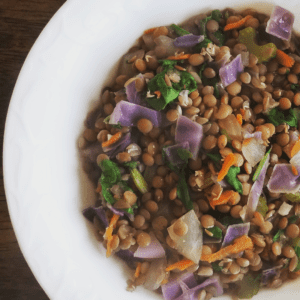
Nourishing Winter Lentil Bowl
This mineral-rich recipe is warming to the body and the soul and provides a variety of macro- and micro-minerals for your body to put to use!
Ingredients
- 3 cups lentils soaked for 20min
- 1 large onion chopped
- 1 ½ cups chopped purple cabbage
- 1 cup grated carrots
- 2-3 stalks celery chopped
- 10 garlic cloves chopped
- 2 cups finely chopped spinach
- 2 tsp cumin seeds
Instructions
-
Place the lentils in a bowl, cover with pure filtered water, and soak for 20 minutes.
-
Add the lentils to a large pot with 9 cups of water or organic high-quality vegetable broth.
-
Cook for 20 min covered.
-
Uncover and add the onion, cabbage, carrots, garlic, and cumin seeds.
-
Cook for another 10-15min uncovered. In the last 2-3 minutes, add the spinach.
-
Add dulse granules for additional flavor.
-
Serve and enjoy!
Recipe Notes
This makes plenty - if you're looking to save time on another meal, freeze the leftovers in a muffin tin, thaw slightly, and store in a freezer-safe container. The muffin tin allows for easy reheating and to select portion sizes!
See these posts for more mineral-rich foods:
The Miracle of Minerals: What, Why, and How? Part 2
Healing Foods to Cleanse Your System
See these muffin recipes for a boost to your morning!
Many more recipes can be found here on my website.
Ignite the healer within,
Amber Bodily
P.S. Tap here to be the first to find out about my upcoming online course about the immune system (PLUS get a free ebook full of immune-boosting smoothies).




